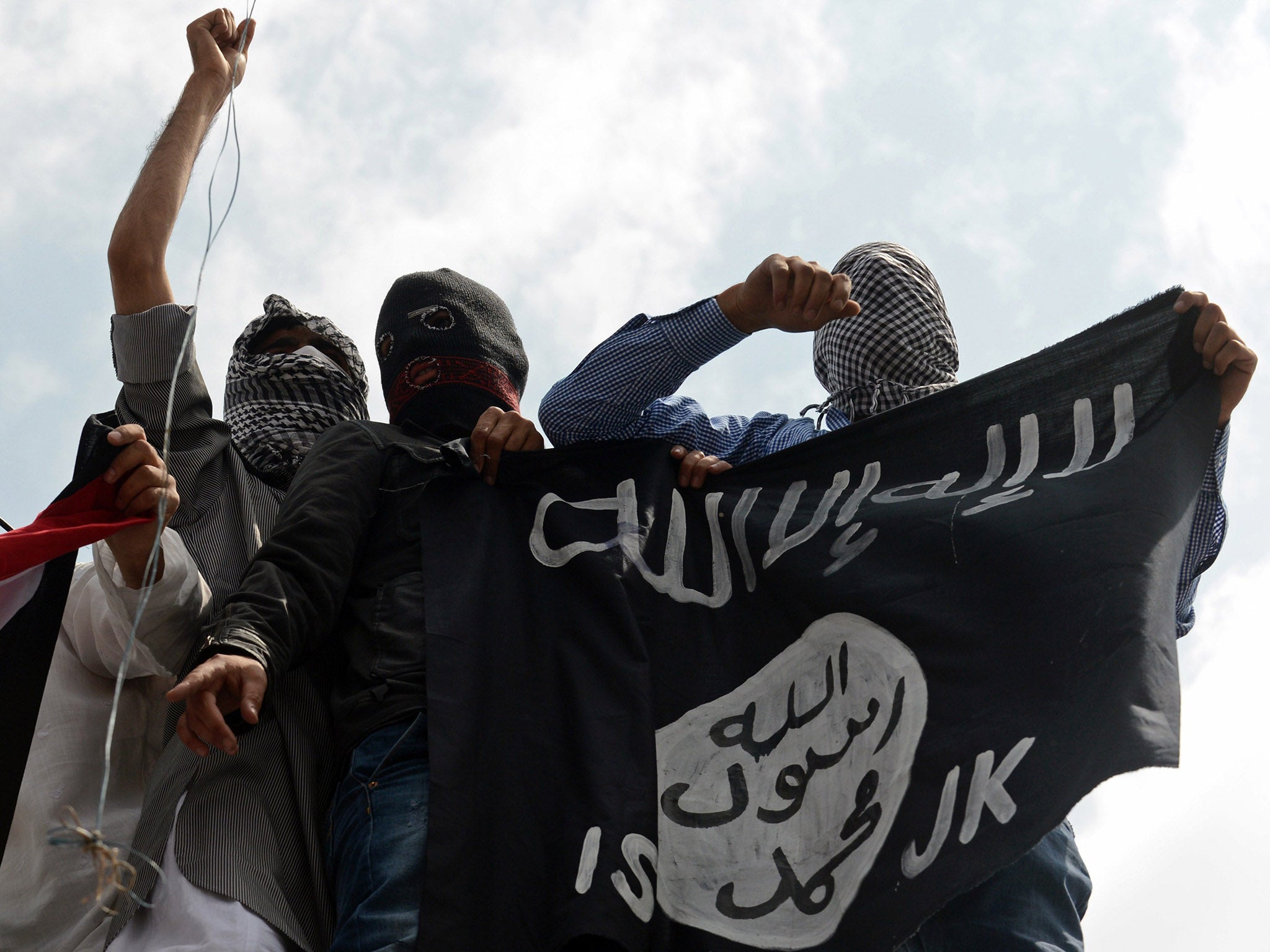Refugees from Isis tell of fears of forced marriages
Omar Abu Ali told of how he had briefly worked for the armed jihadist group himself to prevent his sons being conscripted as fighters

Fear that their sons will be conscripted and their daughters forced to marry Isis fighters are the main reasons for Iraqi families to flee the self-declared Islamic State, according to interviews by The Independent with recent arrivals in Iraqi Kurdistan.
Isis’s need to raise troops to defend its long borders against steadily fiercer onslaughts by its enemies means fighters now regularly raid schools looking for recruits among older pupils, said Ahmad, a shopkeeper from Mosul.
Abu Mohammed, a farmer from Fallujah, was concerned that his daughters were being harassed by a foreign fighter who formally asked his permission to marry one of them. When told this was against tribal custom, the fighter was annoyed and caused the family trouble. “I saw it was better to leave,” he said.
The interviews give a vivid glimpse of life inside the so-called Islamic State. Not all spoke badly of Isis and often compared it favourably with government soldiers. “Many Isis men were much better than the fighters of the Iraqi army in treating and helping people,” said Ali Hussein Mustafa, 21, a university student from Mosul who has just fled to Turkey. His main complaint was that, at checkpoints in Mosul, Isis fighters were “harsh with those women who do not wear niqab or hijab”, and used foul language to address them.
Iranian-backed Shia militias and a smaller detachment of the Iraqi army are slowly continuing their assault on Tikrit, though they paused yesterday to await reinforcements. The Iraqi commander, Abdul Wahab al-Saadi, said he would like US air strikes to aid his advance.
Meanwhile, Kurdish officials said they had evidence that Isis had employed chlorine gas as a chemical weapon against Peshmerga fighters between Mosul and the Syrian border. They said Kurdish troops were treated for “dizziness, nausea, vomiting and general weakness” after the attack on 23 January, during which they discovered “around 20 gas canisters” on an Isis lorry.
Join our commenting forum
Join thought-provoking conversations, follow other Independent readers and see their replies
Comments
Bookmark popover
Removed from bookmarks